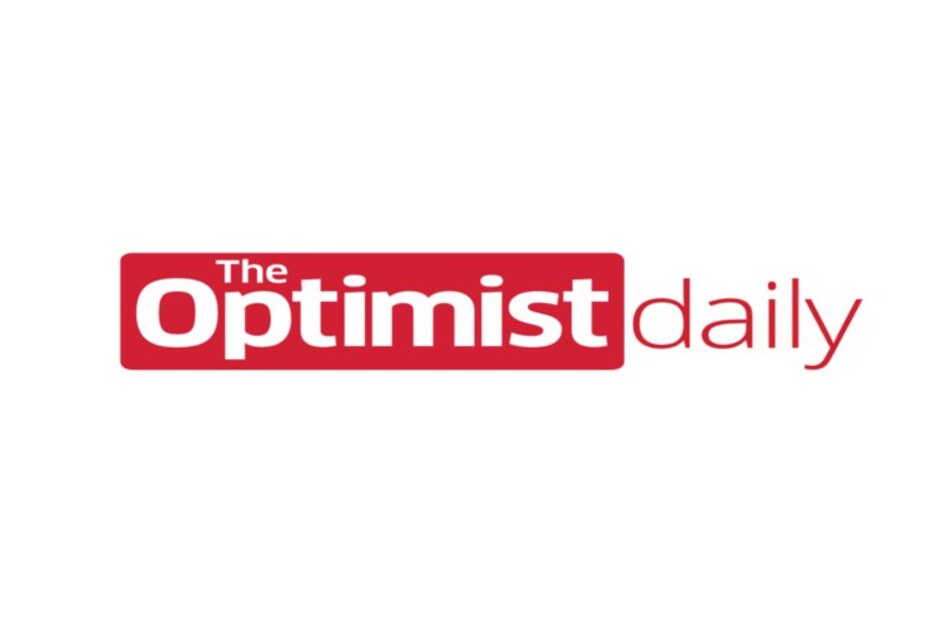You may have heard that Indonesia has some of the world’s most beautiful and pristine beaches adorning its lush archipelago of islands. And while it’s true that there are few other places that can compete with these spectacular landscapes, over the recent years, an increasing number of Indonesian beaches and coastal waters have been featuring plastic trash instead of shells and playful jellyfishes.
In fact, Indonesia has the world’s second-largest plastic leakage into the ocean, with only China before it. Its coral reefs are some of the most plastic-ridden in the Asia Pacific, and rivers running across the country have become some of the most polluted waterways in the world.
These facts constitute the main premise behind the existence of the Zero Waste Living Lab (ZWLL) – a program that builds and scales impact-driven companies, aiming to close the tap on the overwhelming amount of single-use plastic leaking into the environment.
The ambitious program was established in 2019 by a Dutch non-profit organization called Enviu, which partners with relevant stakeholders, including consumers, entrepreneurs, governments, and NGOs, to build companies that address social and environmental issues.
Like the other environmentally-focused programs driven by Enviu, ZWLL focuses on driving bottom-up innovations that disrupt inefficient supply chains. In its own case, the program incubates existing Indonesian early stage business models, replicates successful zero-waste solutions from abroad, and ideates new disruptive models where needed. These new models enable large groups of consumers to purchase products without single-use plastics.
Take, for example, ZWLL’s farm-to-fork venture Kecipir, a social enterprise that connects local, organic farmers to consumers in a bid to realize agricultural production, distribution, and consumption in a more equitable and environmentally friendly manner.
Predicting their harvest yield, farmers list their produce on an e-commerce platform where consumers can place their order, and get fresh food delivered to their doorsteps in reusable containers—without any single-use plastics.
WashBy is another circular startup developed by ZWLL in partnership with a group of students from TU Delft. The venture focuses on a lesser-known culprit contributing to Indonesia’s plastic crisis – the laundry industry.
Laundry stores are an essential service for many Indonesians. In Jakarta alone, millions of people make use of laundry stores – with virtually one on every corner. It is estimated, though, that 80,000 tons of single-use plastic – primarily in the form of detergent packaging – is discarded within the laundry industry in Indonesia every year.
This is where WashBy decided to step in and provide a sustainable alternative to detergent packaging through a detergent dispenser. The refill model allows laundry store owners to buy detergent in bulk straight from the producer, thus saving money and plastic in the process. Since the pilot kicked off earlier this year, WashBy has sold around 300 liters of product, preventing more than 5,500 single-use sachets from entering the environment.
Alongside Kecipir and WashBy, ZWLL has also developed four other scalable ventures, which altogether are paving the way towards a market for zero-waste consumption in Indonesia and beyond. If you want to learn more about the Zero Waste Living Lab, follow this link.












